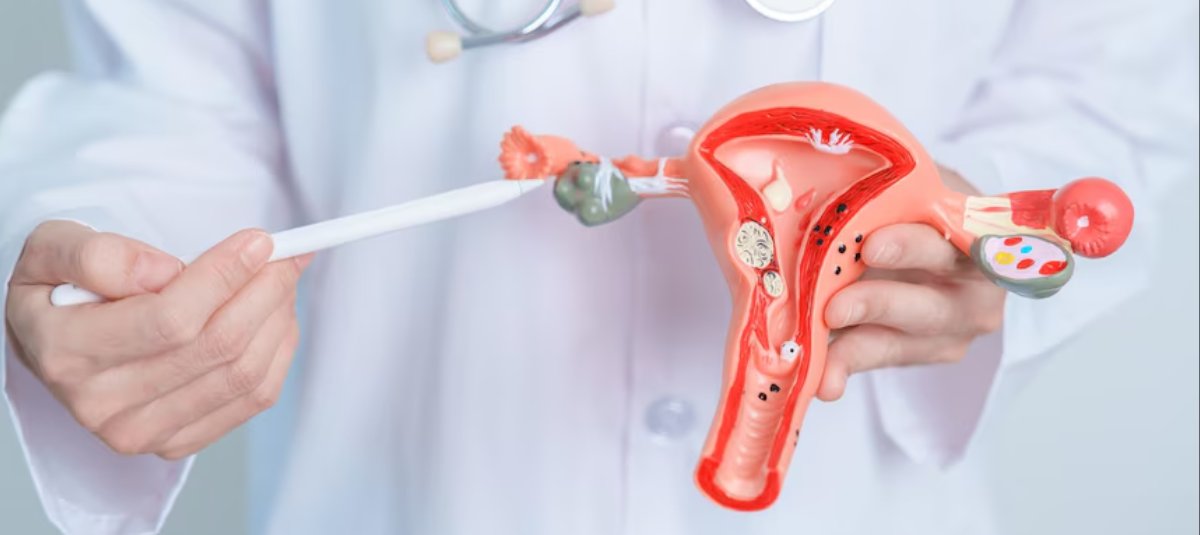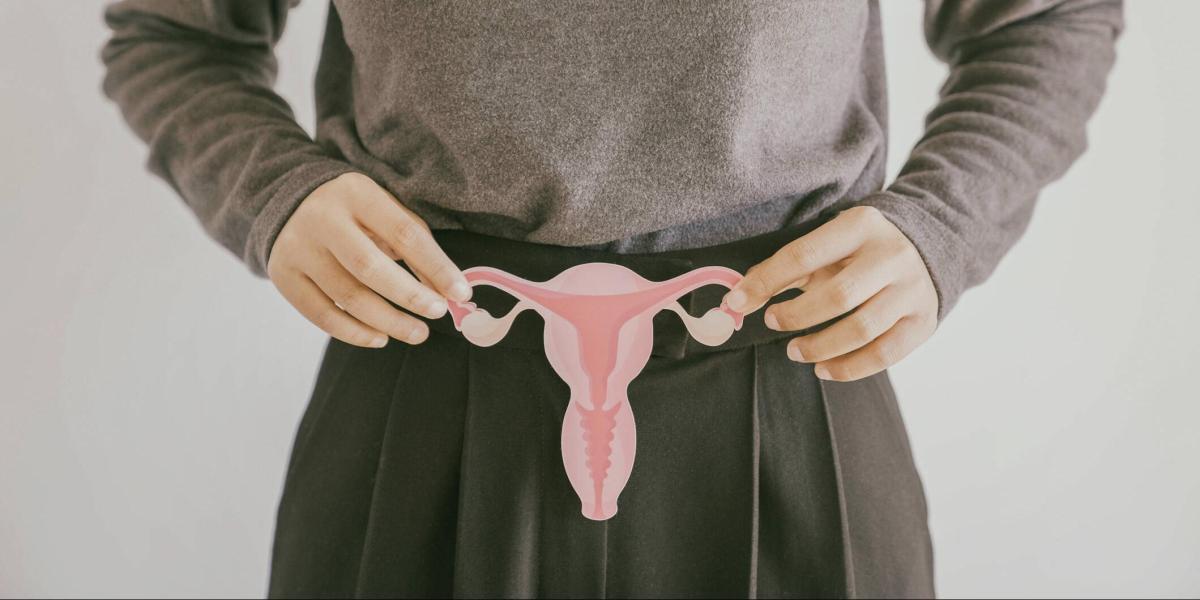At what age is it important to have a Pap smear? Experts explain the most important time

Pap smear, also known as the Papanicolaou (Pap) test, is a key tool for the early detection of cervical cancer. This test, which involves collecting cells from the cervix for microscopic analysis, can identify abnormal cell changes before they develop into cancer. But when is the best time to start doing it?

Early detection of cancer and infections is the crucial role of cytology. Photo: iStock
According to the Cleveland Clinic, the ideal age to begin this screening test is 21 years old. “Women should begin Pap smears at age 21, regardless of the age at which they became sexually active,” the institution explains in its clinical guidelines. This recommendation is based on studies showing that, although human papillomavirus (HPV) infection can be acquired shortly after the onset of sexual activity, the immune system usually clears the virus on its own in young women without causing precancerous lesions.
The frequency with which women should be tested varies depending on their age and medical history. According to MedlinePlus, the U.S. National Library of Medicine's health information portal, "Women between the ages of 21 and 29 should have a Pap smear every three years, while those between the ages of 30 and 65 can choose to have a Pap smear every three years, an HPV test every five years, or both together every five years."
Beyond its effectiveness in preventing cervical cancer, a Pap smear can also warn of other gynecological conditions . The Mayo Clinic notes that "in some cases, the test can detect infections such as trichomoniasis or bacterial vaginosis, as well as noncancerous inflammations that require follow-up." It can even indicate yeast or viral infections that, if left untreated, can affect reproductive health.

Pap smears can help identify cervical cancer. Photo: iStock.
In this sense, a Pap smear serves as a comprehensive monitoring tool for gynecological health. The Cleveland Clinic explains that "if inflammatory cells or changes suggestive of infection are observed, the physician may recommend additional testing or initiate timely treatment," which helps prevent long-term complications.
An important point that both MedlinePlus and the Mayo Clinic point out is that Pap smears should be performed regularly, even if you are not experiencing symptoms. “Early cervical cancer rarely causes symptoms. Therefore, screening with a Pap smear is crucial for prevention,” the Mayo Clinic emphasizes.
Furthermore, skipping Pap tests without medical advice can pose unnecessary risks. "Even if a woman feels well, there may be changes in the cells of the cervix that don't give obvious signs. The only way to detect them is through a routine exam," MedlinePlus emphasizes.

Cervical cancer is the fourth most common type of cancer among women. Photo: iStock
In conclusion, starting Pap smears at age 21 and maintaining appropriate follow-up based on age and medical history can make a difference not only in preventing cervical cancer, but also in detecting infections and gynecological disorders. Expert recommendations emphasize that, with timely detection, many of these conditions can be treated early, protecting women's long-term health.
Environment and Health Journalist
eltiempo





